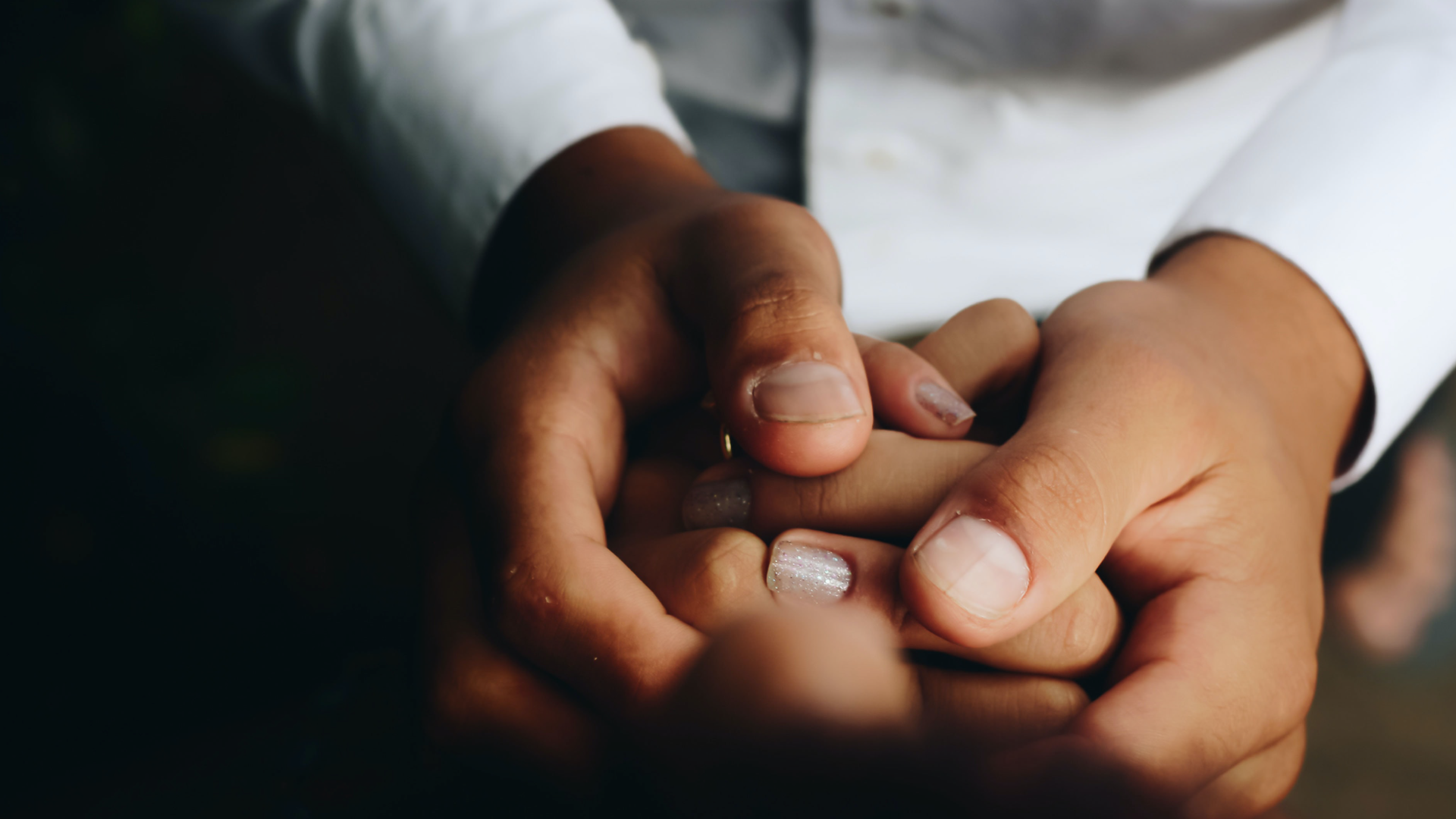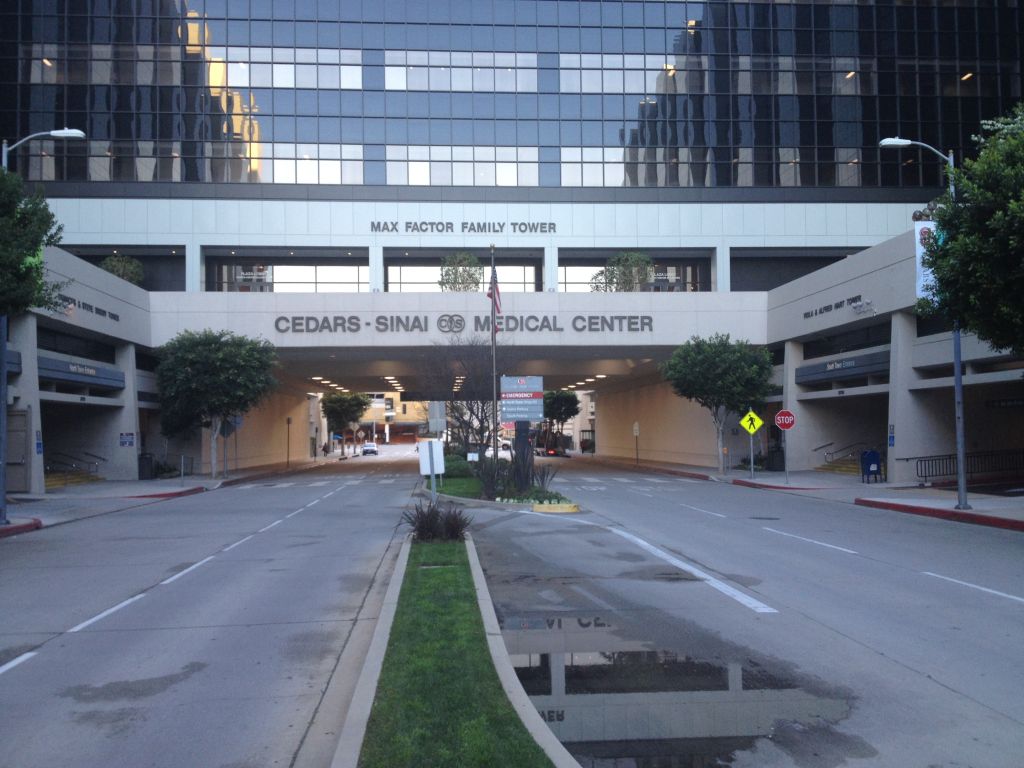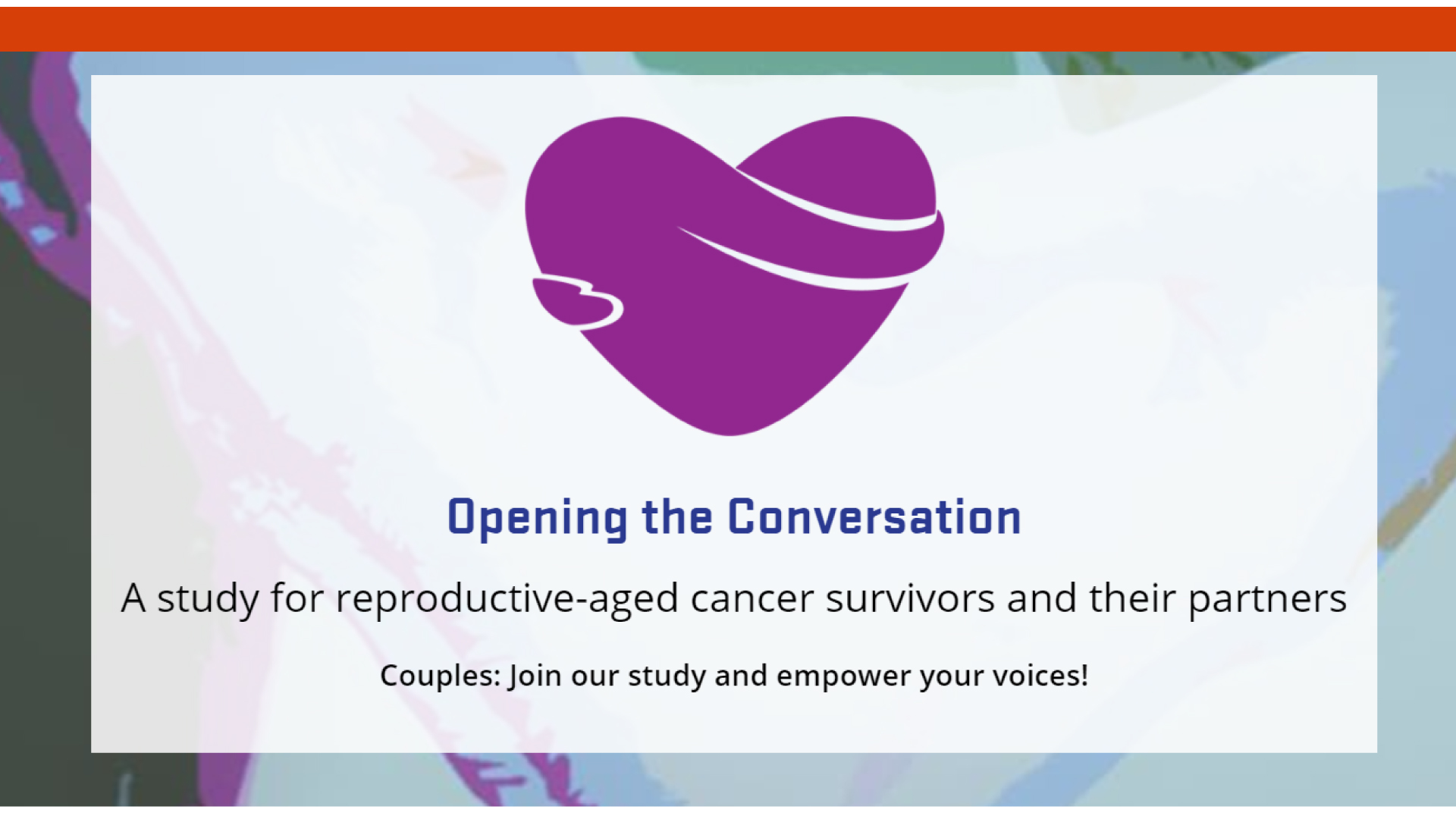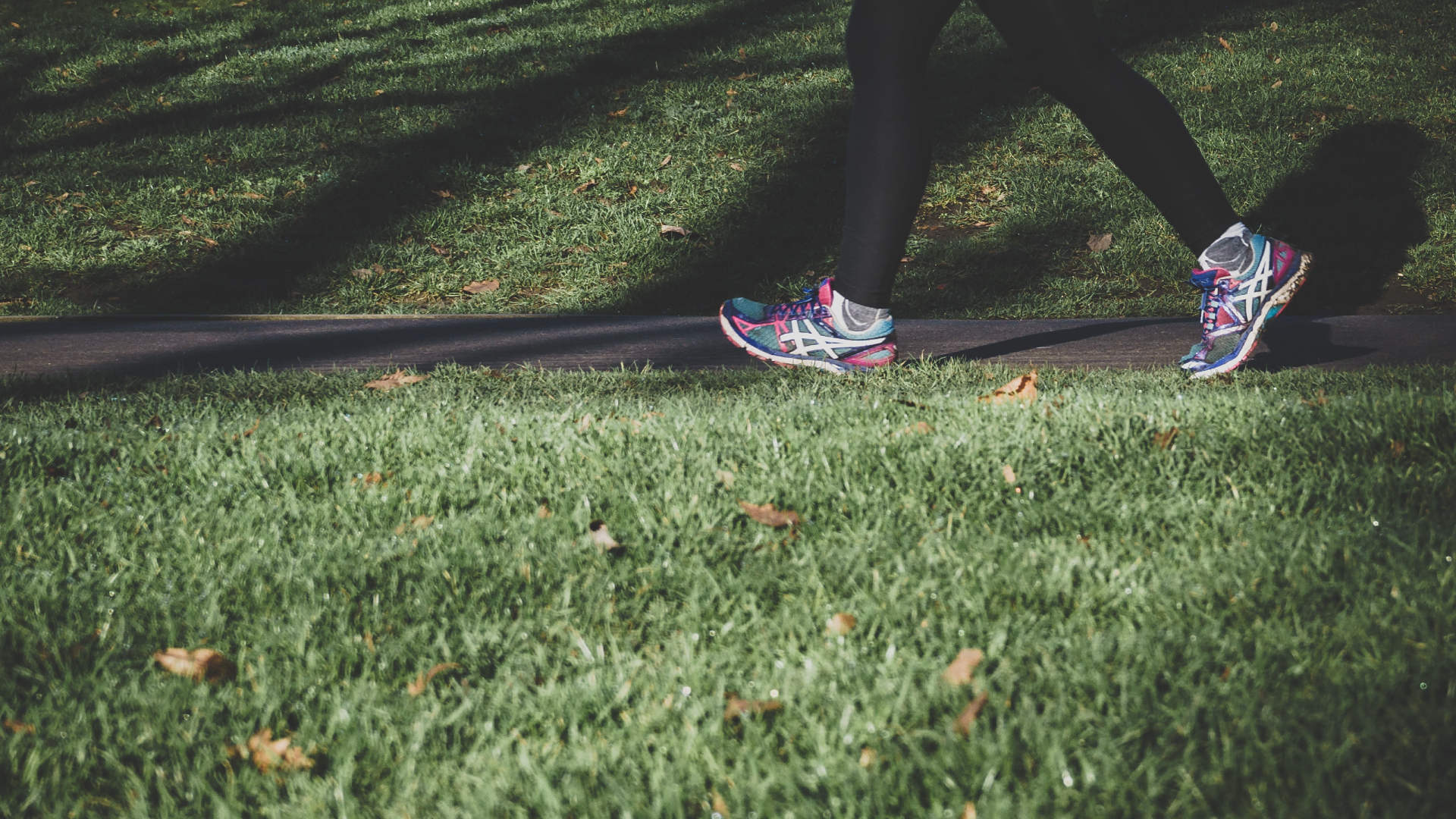Here at Cactus Cancer Society, we’re always interested in amplifying the voices and experiences of young adults facing cancer, and making sure this population is represented in research. Check out this research opportunity looking at humor among friends during cancer!
Continue readingImprove The Health And Healthcare of AYA Cancer Survivors
Lacuna Loft’s very own Mallory Casperson is an investigator in a new study with researchers at Kaiser Permanente to improve the health and healthcare of adolescent and young adults (AYAs) who may have had cancer. We need to hear about cancer experiences like yours to help shape our research. Topics will include your experiences with medical care, your life experience, and your thoughts on research participation.
We would like to recruit 30 AYAs to participate in a sixty-minute telephone interview. We will talk about cancer experiences and what researchers should know.
People who complete an interview will receive a $40 Target, Amazon, or Starbucks gift card for their participation.
If you are interested in participating, please click on the following link to answer a few questions to see if you are eligible. If you are eligible and selected, a member of the study team will follow up with you to schedule your interview.
Click here if you’re interested: https://bit.ly/2SU9aU8
With sincere thanks,
Marlaine Figueroa Gray, PhD – Kaiser Permanente Washington
Mallory Casperson – Lacuna Loft
Research Study On Extracurriculars Among Childhood Cancer Survivors
Lacuna Loft really enjoys sharing the news on research studies that benefit young adult cancer patients, survivors, and caregivers. Check out this announcement for one from Celina at Cedars-Sinai!
I am part of a research team at the Samuel Oschin Comprehensive Cancer Institute at Cedars-Sinai Medical Center. I am writing to invite you to participate in our research study about promoting extracurricular activities among early childhood cancer survivors. We hope to learn more about childhood cancer survivors’ experiences participating in extracurricular activities.
If you are a parent of an early childhood cancer survivor (ages 10-18), please consider enrolling in our study. You and your child will participate in one interview, 30 to 60 minutes in length. (Please note that parents and children 12 or older have the option to participate in a second interview). As a thank you for your participation, you will receive an Amazon gift card worth $30 in your currency.
If you’d like to participate or have any questions about the study, please email: Celina Shirazipour, Ph.D. @ celina.shirazipour@cshs.org
Body Image, Social Support, and Physical Activity Among AYA Cancer Survivors
Lacuna Loft loves sharing about research studies. Check out this one from the University of Toronto!
You are invited to participate in a research study that aims to better understand body image, social support, and physical activity behaviours among adolescent and young adult cancer survivors.
The study involves completing one 30-minute online questionnaire. Your participation in this study is voluntary.
Your participation in this study will assist the researchers in developing future programing to help adolescent and young adult cancer survivors to help manage quality of life issues and increase physical activity.
Participants will be entered into a draw to receive one of twenty $25 gift cards for your involvement in the study.
This study has been reviewed and received ethics approval through the University of Toronto Research Ethics Board (Reference #39245).
Thank you for your time and consideration. If you are interested in participating in this study please contact Madison Vani (madison.vani@mail.utoronto.ca, 416-854-9662) directly or complete the survey here.
Opening The Conversation: Join A Research Study!
Young adult survivors of breast and gynecologic cancer face a number of challenges, including interrupted life plans. As many as two-thirds of these young survivors experience negative effects of cancer and cancer treatment on their reproductive health, including sexual function and ability to have children. These are among the most distressing aspects of life after cancer for young survivors and their partners, and when left unaddressed, lead to poorer mental health and quality of life. Effective communication and coping are important for couples struggling with reproductive distress after cancer. Through their research, scientists at Oregon State University learned that many couples encounter significant challenges when faced with the reproductive and sexual health consequences of cancer. Yet, surprisingly, evidence-based programs are not available to help young couples manage this aspect of life after cancer.
These researchers are looking to adapt an existing program so that it specifically fills this gap. To do this, they will incorporate advice from young survivors, survivors’ partners, clinicians, and researchers. The new program will focus on fertility/family building and sexual health concerns after cancer, be tailored to meet the needs of young adult breast and gynecologic cancer survivors and their partners, include information about strategies shown to be effective to cope with reproductive health concerns after cancer, and be delivered by videoconference to reach couples living in rural and urban areas. They will enroll 100 couples in this study to compare this newly adapted program to the original program, which focuses on managing the impact of cancer more generally. Fifty couples will be randomly assigned to receive the new program and 50 couples will receive the original program.
They evaluate whether the new program leads to greater improvements in reproductive and sexual distress than the original program. They also expect to see improvements in other aspects of relationships, sexual functioning, and well-being. Additionally, they are interested in gaining knowledge about how the program works. They will study possible mechanisms, including improved coping and communication between couples, using data from both survey questions and interviews. Researchers expect this study to yield a feasible and effective program to reduce reproductive distress, which will lay the groundwork for making this program available to a wider audience in real-world settings. In the long term, this is expected to improve equity of access to information and supportive care for young survivors and their partners.
Help create a program for young couples dealing with reproductive and sexual health concerns after cancer! Get $20 for sharing your opinions during an interview. Find out more at health.oregonstate.edu/oc
Impact of Cancer Study
My name is Jess and I am a PhD researcher working at Edge Hill University in Liverpool in the UK. My PhD study is investigating the psychological impact of cancer in teenagers and young adults who were diagnosed in their teenage and young adult years. Particularly, I am looking at the psychological impact in survivors who are in recent remission (received confirmation of no evidence of disease within the last 2 years). It is my hope that this will lead to the development of an intervention in order to better support teenagers and young people transitioning back to their previously held lives.
Right now, I am looking for individuals to take part in a questionnaire study looking at the psychological impact of your cancer experience. It can be completed anonymously online and should take no more than 15-20 minutes.
If you are:
- currently aged 18-30
- were diagnosed with cancer between 16 and 25
- have received confirmation of no evidence of disease within the last two years
- were not diagnosed with a brain/CNS tumour
- did not receive any form of cranial radiation
- were not diagnosed with a mental health condition prior to your cancer diagnosis
then you are eligible to take part! Please follow this link to take part.
If you are unsure of anything or have any questions, please don’t hesitate to email me at popeje@edgehill.ac.uk
Are You A Rural-Living YA Cancer Survivor?
Researchers at the University of Ottawa are studying the effect that rural living might have on a young adult cancer survivor’s access to participation in health behaviors, including physical education and nutrition, and they are looking for participants! The study is exploring if receiving 12-weeks of one-on-one personalized health coaching *online* (you knew we couldn’t pass up an opportunity to tell you about an online study!) can help rural-living young adult cancer survivors become more physically active and eat more fruits and vegetables.
Participants will be asked to:
(1) Meet 1 hour per week with a health coach online for 12 weeks
(2) Complete a short online survey at the start of the study and 12 weeks later
(3) Complete a 60-minute one-on-one discussion about the online program, either online, over the phone, or in-person.
Individuals can participate if they:
(1) Completed primary treatment for non-metastatic cancer;
(2) Are currently between 20 to 39 years of age;
(3) Live in a rural area (locations with <35,000 inhabitants);
(4) Are able to move freely without assistance;
(5) Engage in less than 150 minutes of moderate-to-vigorous intensity physical activity per week
(6) Eat less than 5 portions of fruit and vegetables per day (one medium fruit is a portion);
(7) Have access to the Internet and an audio-visual device such as a webcam;
(8) Are able to read and understand English.
If you’re interested in getting more information or participating in the study, contact jenson.price@uottawa.ca or call 613-562-5800 x. 7300
A Stress Management And Resilience Program
The Massachusetts General Hospital Cancer Center is conducting a research study to see what kinds of stress management training and relaxation practices would be most useful for adolescent and young adult cancer survivors.
- What does it involve? You’ll be asked to take part in a 90-minute focus group discussion with other adolescent and young adult cancer survivors to explore your preferences for adapting their existing stress management and resiliency program (3RP) to meet your specific needs. You will be compensated for your participation.
- Who can participate? They are looking for people who are least 16 years old, were diagnosed with cancer between ages 15 – 23, and who have completed cancer treatment within the past 5 years.
- How do I join? If you would like to learn more about this research study, please tell your oncologist or contact the study coordinator, Emily Walsh at 617.724.1414 or at EWalsh8@mgh.harvard.edu
Thank you for considering a research study! You will be helping gather important information about a training that may help other patients in the future.
Share Your Thoughts About Fertility And Family Building After YA Cancer
Today we’re sharing about a study that is trying to understand young adult female cancer survivors’ experiences related to their fertility and family-building after treatment — the care and counseling they receive post-treatment, unmet needs, and barriers to support. The researchers are going to take what they learn from this study to build a decision aid and planning tool (website) to help young women think through the decisions they face and plan ahead – medically, psychologically, and financially.
Share your thoughts and feelings about fertility and building a family after cancer. Researchers are trying to understand how to improve cancer care to make sure all patients receive the information and support they need to make decisions and prepare for the future.
This study is funded by the National Cancer Institute.
P.S. Total aside, but not really: the old board game LIFE is where the image comes from. We need to get some gender diversity up in there! How about a car with all pink? Or all blue? 🙂
Have You Heard Of STARTRK2 Ignyta Clinical Trial?
Lacuna Loft’s mission is bringing resources and support to young adult cancer survivors and caregivers. Sometimes that means we run an awesome Writing Group and sometimes that means talking about the importance of clinical trials and other studies in which you can take part.
Ignyta is running a trial and bringing molecular testing to the forefront of cancer cures. From Ignyta:
We’re writing to share information about the STARTRK-2 clinical trial (sponsored by Ignyta) that is currently recruiting patients across the country who have solid tumors harboring NTRK, ROS1, or ALK fusions. Fusions are a certain type of DNA defect that have been reported to be oncogenic, meaning they could be a cause of your cancer. By performing molecular testing on a piece of your tumor tissue, it may determine if your cancer has one of these fusions.
Ignyta can provide no-cost molecular testing to see if you may qualify for the trial. In most cases, this test can be performed on a tumor sample that was previously obtained via biopsy and stored, avoiding the need for a new biopsy.
Eligible patients enrolled into the trial will receive a new investigational drug called Entrectinib. Entrectinib has shown preliminary antitumor activity in many different types of cancers. Click here to learn more about a recent update from our Phase 1 study.
Please speak with your doctor to determine if molecular testing is right for you. You may also contact Ignyta at 1.844.STARTRK or via email at STARTRKtrials@ignyta.com to learn more about the trial and to find a participating study center near you.
Have you been molecularly tested? Interested in other studies? Check out more information we’ve shared recently here.












